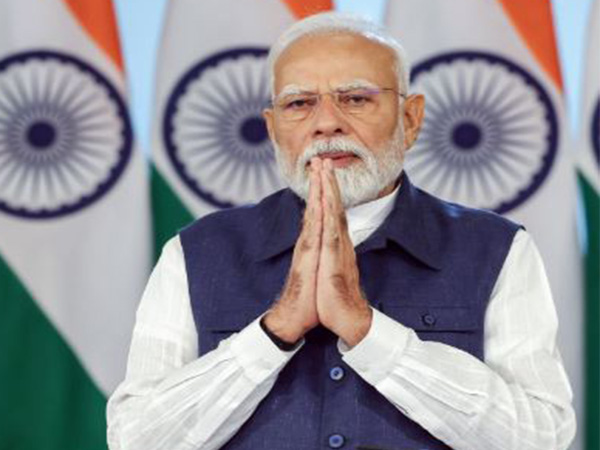South Korea: Online shopping between January and July exceeded 100 trillion won, largest ever for food delivery
Sep 06, 2021

Seoul [South Korea], September 6 (ANI/Global Economic): Online shopping transactions exceeded 100 trillion won from January to July this year. This is because indoor activities have increased due to the spread of COVID-19 again and the Tokyo Olympics.
According to the Statistics Korea's 'Online Shopping Trends in July' report on the third, online shopping transactions in July rose 24.9 per cent year-on-year to 16.1996 trillion won, posting the largest amount since 2001 when related statistics began.
As a result, online shopping transactions increased to 108.784 trillion won from January to July this year, surpassing 100 trillion won.
By product group, the amount of online food delivery services such as pizza and chicken was 2.377.8 trillion won, up 72.5 per cent year-on-year.
It is the largest amount since 2017.
Statistics Korea explained, "The transactions of delivery foods and instant foods have increased with the hosting of the Tokyo Olympics and the spread of COVID-19."
As seasonal home appliance sales such as air conditioners increased due to the heatwave, transactions of home appliances, electronics, and telecommunication devices also increased 48.3 per cent year-on-year to 2.623 trillion won.
Also, transactions of general food and beverage (30.0 per cent) and household goods (17.4 per cent) also significantly increased.
However, the transactions of cultural and leisure services (-11.0 per cent) and cosmetics (-2.2 per cent) decreased as outdoor activities have shrunk due to COVID-19.
Among online shopping, mobile shopping transactions rose 33.8 per cent year-on-year to 11.7139 trillion won, the highest amount.
The percentage of mobile shopping transactions was also the highest ever at 72.3 per cent.
In particular, 97.4 per cent of the total transaction amount of food delivery services was mobile shopping transactions. It is analyzed that customers usually order food using mobile delivery apps. (ANI/Global Economic)



















